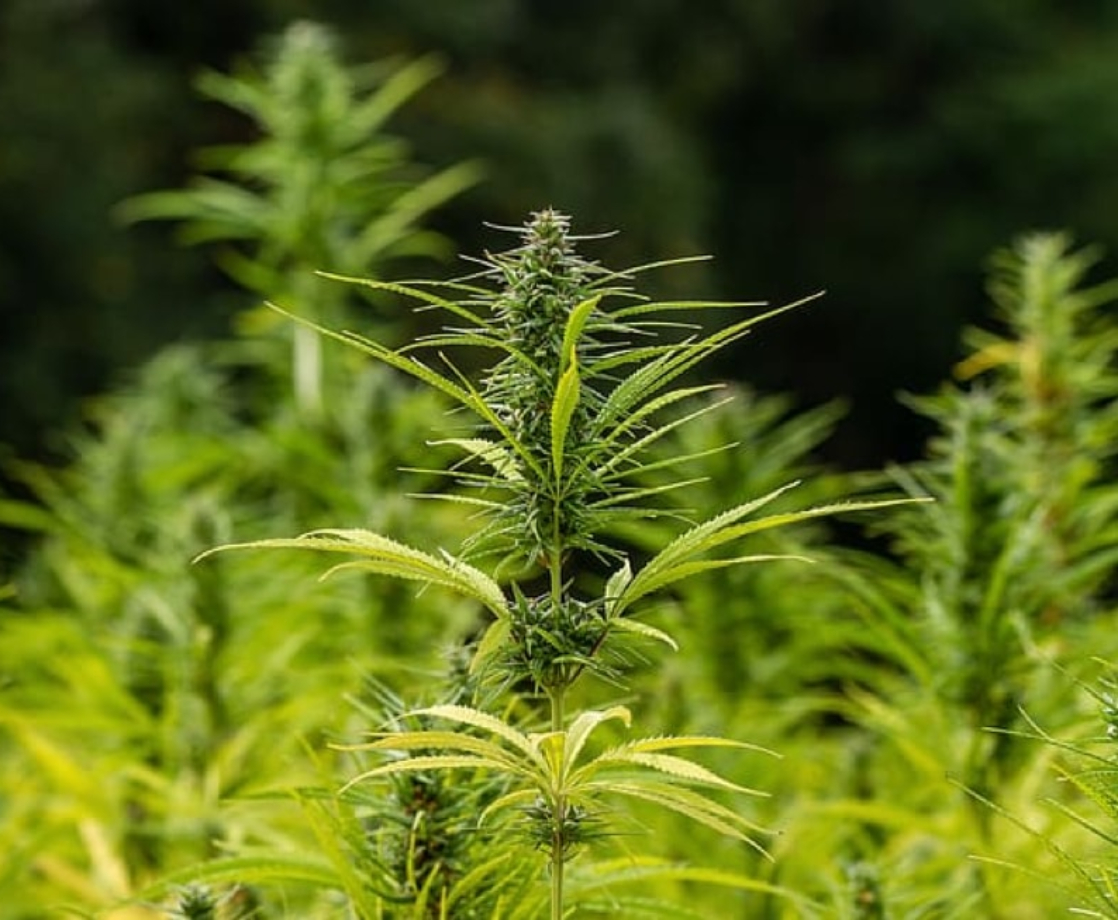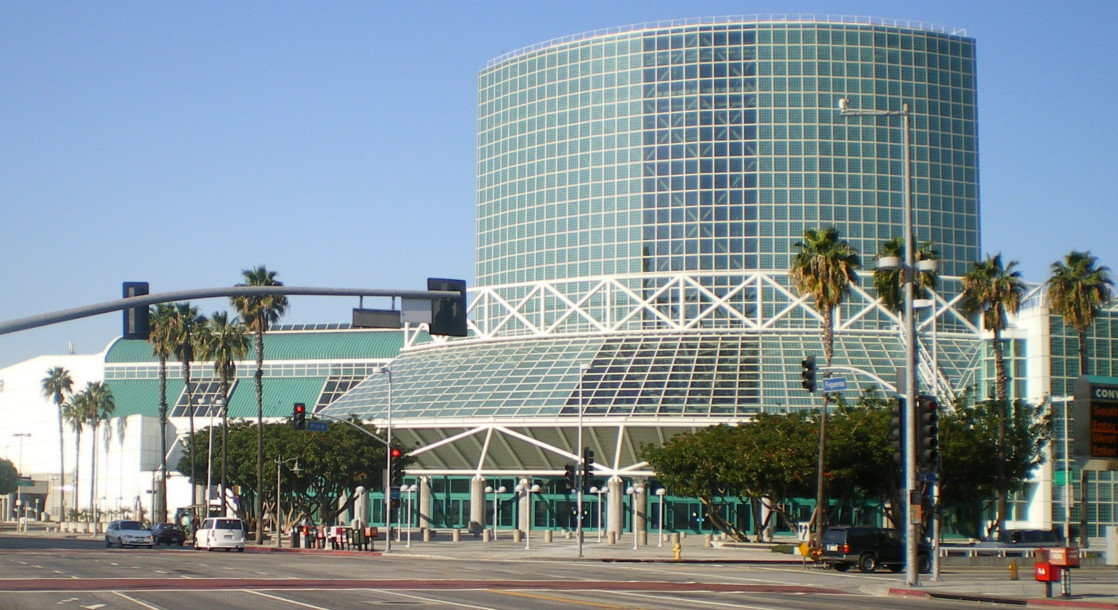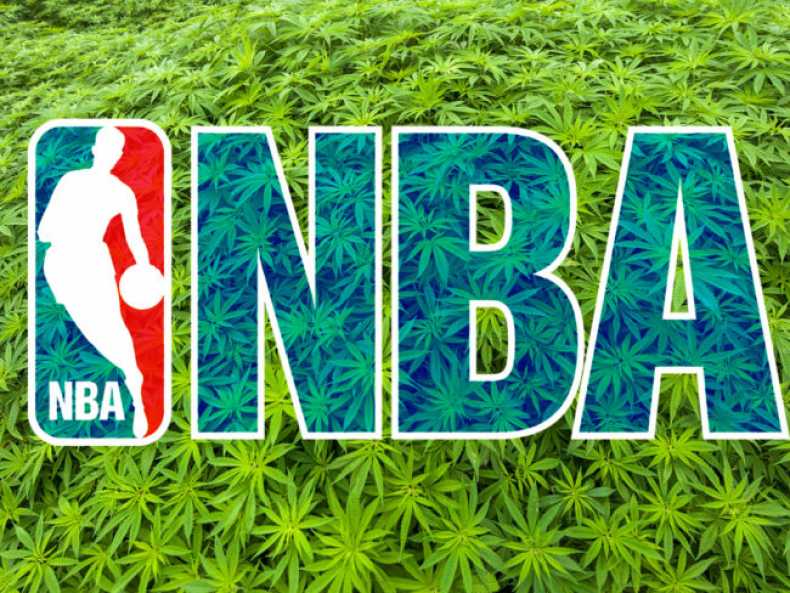At the end of 2018, President Trump, in cahoots with his Senate Majority homeboy Mitch McConnell, passed the Farm Bill. Under the sweeping federal bill, hemp was removed from the Controlled Substances Act, effectively legalizing this form of cannabis across the nation.
But little did Trump, the Republicans, or the Democrats realize that the president’s signature on this single bill would brew a virtual hurricane of confusion among the nation’s law enforcement agencies and police departments. In fact, the confusion is so monumental that the Justice Department is now holding a webinar so forensic chemists and authorities can understand the difference between hemp and marijuana when lab testing these plants.
“The accurate determination of THC in plant material and products infused with hemp and marijuana have created testing challenges,” reads the website for the Department of Justice’s new hemp-testing webinar. “Upon signing of the 2018 Farm Bill, analysis of cannabis exhibits in DEA laboratories was suspended and a new analytical scheme was designed for addressing the legal requirements of the new law.”
Hemp, as you probably know, is basically weed without the party element. Cannabis naturally produces a chemical called THC — the part of the plant that gets people intoxicated — whether it’s hemp or marijuana. Hemp and marijuana are distinguished by how much THC they produce: Hemp contains less than 0.3 percent THC by dry weight, meaning anyone can smoke it all day and not feel a thing, whereas marijuana is cannabis with more than 0.3 percent THC (although good luck trying to get lit on anything with less than 5 percent THC).
Anyway, hemp and marijuana look and smell exactly the same. Prior to the 2018 Farm Bill’s passage, cops relied on sight and smell alone to catch perps possessing, using, or dealing weed. Since no drug dealer in their right mind would sling hemp on the streets, it’s safe to assume that if someone’s caught with baggies of cannabis, it’s marijuana. But now that hemp is totally, 100 percent legal in the US, cops can easily confuse this cash crop with marijuana. In fact, it’s already been happening, with cops busting truck drivers for drug trafficking weed when, in reality, those drivers were merely transporting hemp.
Although most of us would scoff at law enforcement wasting any resources on victimless hemp or marijuana commerce, the webinar is necessary given the epic clusterfuck of federal, state, and local laws regarding cannabis right now. A couple of months ago, the US Department of Agriculture (USDA), which now oversees the nation’s hemp, wanted all hemp samples sent to DEA-certified drug labs for THC testing. However, after outcry from the fledgling hemp industry, that plan has, for now, been put to rest.
Initially, the USDA felt that requiring all hemp farmers to submit testing samples to their own labs would guarantee these farmers wouldn’t secretly grow marijuana and distribute weed around the nation under the cover of innocent hemp harvests. While that plan sounds good on paper, it would’ve bankrupted the hemp industry. Many states with legal hemp programs only have one DEA-certified lab, and some of these states now have dozens if not hundreds of new hemp farms.
If hundreds, if not thousands, of hemp samples are being processed through a single state lab, then the lab’s testing queue will get severely backed up. And since hemp farmers can’t sell their crops until they clear lab testing, millions of dollars worth of plant material would’ve gone to waste, wrecking America’s revived hemp industry just as quickly as it sprouted.
Fortunately, last week, USDA officials agreed not to force hemp farmers to get tested strictly through DEA labs. Although the USDA is still crafting a final rule on hemp testing, it’s possible hemp farmers will be able to get their crops tested by any legit, certified agricultural testing lab.
“[W]e have learned that these provisions will serve as a significant hindrance to the growth of the domestic hemp market at this nascent stage,” USDA officials said in a press release. “For instance, we now better understand how the limited number of DEA-registered labs will hinder testing and better understand the associated costs with disposing of a product that contains over 0.3% THC could make entering the hemp market too risky.”
Hey, at the very least, the feds are finally listening to us. At least when it comes to hemp.











